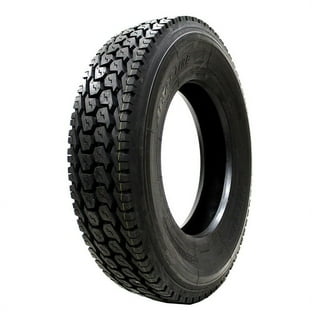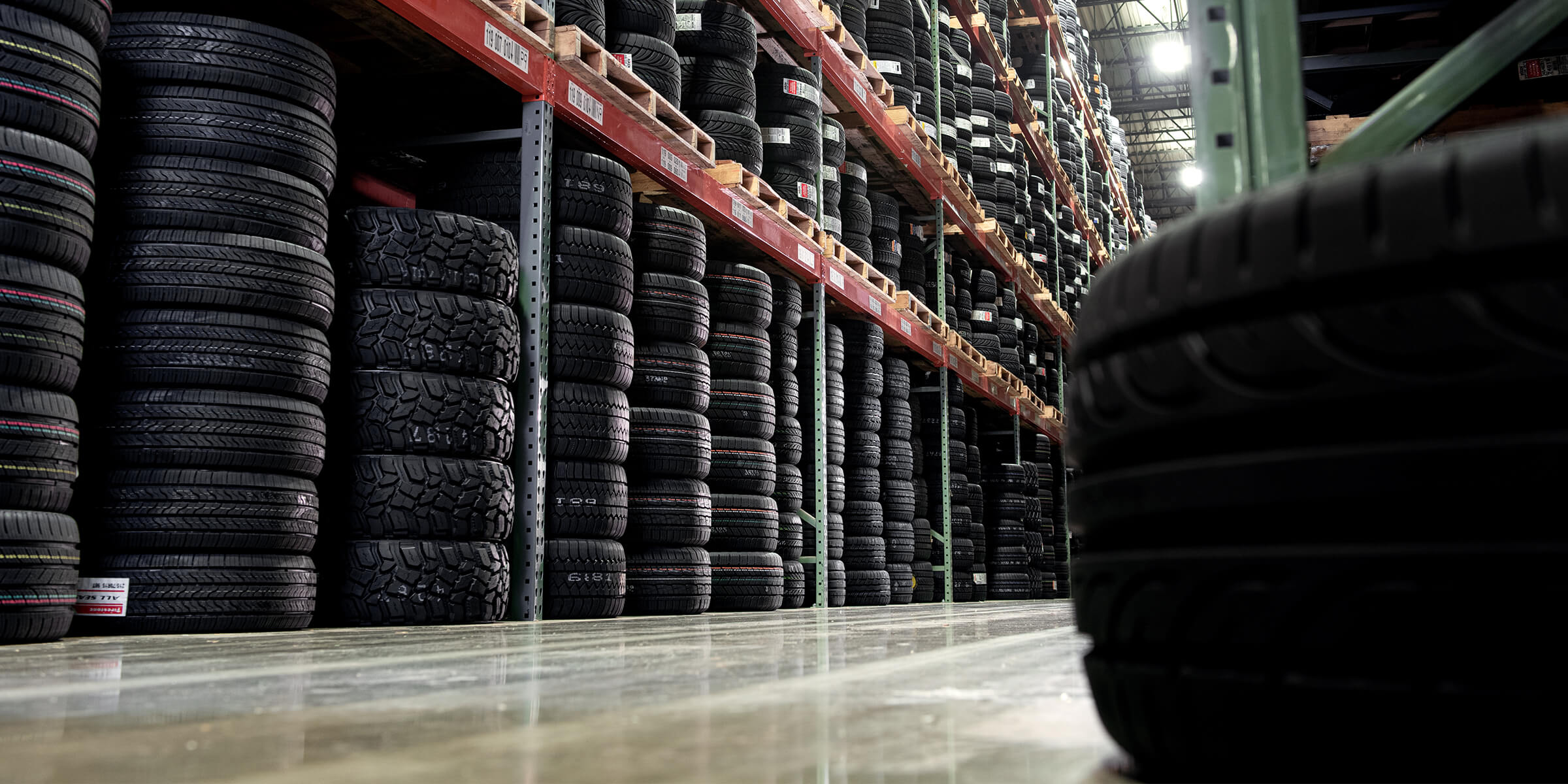Budget-friendly Discount Tires Morris IL: Unsurpassable Costs, Quality Assured
Budget-friendly Discount Tires Morris IL: Unsurpassable Costs, Quality Assured
Blog Article
Tire Service: Understanding Tire Stress Monitoring Systems
Understanding Tire Stress Surveillance Systems (TPMS) is a critical facet of maintaining optimum car efficiency and safety when driving. With advancements in automotive modern technology, TPMS has become a standard attribute in modern cars, giving real-time information on tire pressure degrees. Diving deeper into the details of TPMS, one can discover the different parts that comprise this system and the value of each in making sure precise monitoring. From direct to indirect TPMS systems, the landscape of tire pressure tracking is diverse, each with its one-of-a-kind collection of benefits and factors to consider. Remain tuned to unwind the intricacies of TPMS, from upkeep suggestions to the obvious benefits of maintaining your tires properly inflated. mopar tire service specials.

Importance of TPMS
The significance of Tire Stress Monitoring Systems (TPMS) hinges on their ability to boost automobile safety and security and efficiency with real-time tracking of tire pressure degrees. Preserving the appropriate tire pressure is crucial for ensuring ideal handling, stopping, and general safety of an automobile. TPMS offers motorists with immediate responses on any kind of overinflated or underinflated tires, permitting for timely adjustments to be made.
Elements of TPMS
Sensors are typically located in the tire shutoff stem or affixed to the wheel assembly, where they measure tire stress and transmit data to the control module. Some progressed TPMS designs additionally show the real tire stress analyses for each tire, offering drivers with real-time details to make sure optimal tire efficiency and security. By monitoring tire stress continuously, TPMS aids avoid crashes, minimizes tire wear, and improves gas efficiency, making it a crucial part for car safety and efficiency. tire shop morris.
Sorts Of TPMS

On the other hand, indirect TPMS relies upon the vehicle's wheel rate sensors to monitor tire stress. This system discovers underinflation by contrasting the rotational rates of the wheels. Indirect TPMS is much less costly than direct TPMS, as it utilizes existing sensors within the car.
While direct TPMS offers more accurate readings, indirect TPMS is simpler in design and usually calls for much less upkeep. Both systems have their constraints and benefits, and the selection in between them often depends on factors such as price, lorry make, and individual choice. Understanding the distinctions in between these 2 sorts of TPMS can aid vehicle owners make educated choices relating to tire upkeep and security.
TPMS Upkeep Tips
Reliable maintenance of TPMS is vital for guaranteeing optimal efficiency and safety of your car. On a regular basis checking the TPMS sensors for any damages or deterioration is critical. Make sure that the sensors are complimentary and clean from particles that can hinder their performance. Furthermore, it is suggested to check the sensing unit batteries regularly and replace them as required to assure accurate analyses. Conduct regular checks on the tire stress levels and contrast them with the TPMS readings to ensure they correspond. If there are any kind of disparities, alter the system following the maker's guidelines. In addition, during tire turning or substitute, make sure that the TPMS parts are dealt with carefully to avoid any prospective damages. If the TPMS cautioning light brightens on the dashboard, attend to the issue without delay by checking the tire stress and the overall system for any type of faults. By sticking to these upkeep tips, you can extend the lifespan of your TPMS and improve the safety of your driving experience.
Benefits of Appropriate Tire Pressure
Keeping correct tire pressure, as emphasized in TPMS Upkeep Tips, is critical for reaping the countless advantages related to optimum tire stress degrees. One of the primary benefits of keeping the proper tire stress is enhanced fuel efficiency. When tires are effectively blown up, there is much less rolling resistance, leading to far better gas economic wikipedia reference situation. In addition, correct tire stress makes sure also tire wear, prolonging the lifespan of the tires and advertising more secure driving problems. With the ideal tire pressure, vehicles also have better handling and grip, especially in adverse climate condition. This can improve general driving performance and safety and security for the motorist and travelers. Additionally, preserving optimal tire stress can contribute to a smoother and more comfy trip by reducing resonances and noise triggered by underinflated tires. In verdict, the benefits of correct tire stress go past just tire longevity; they incorporate enhanced fuel performance, enhanced safety and security, much better vehicle efficiency, and total driving convenience.
Final Thought
Finally, recognizing tire pressure monitoring systems (TPMS) is critical for maintaining optimal tire stress and ensuring automobile safety and security. By recognizing the significance of TPMS, recognizing with its components, knowing the various kinds available, sticking to proper maintenance suggestions, and understanding the benefits of keeping proper tire pressure, vehicle drivers can enhance their driving experience and prolong the lifespan of their tires. Appropriate tire stress is key to risk-free and effective vehicle operation.

Report this page